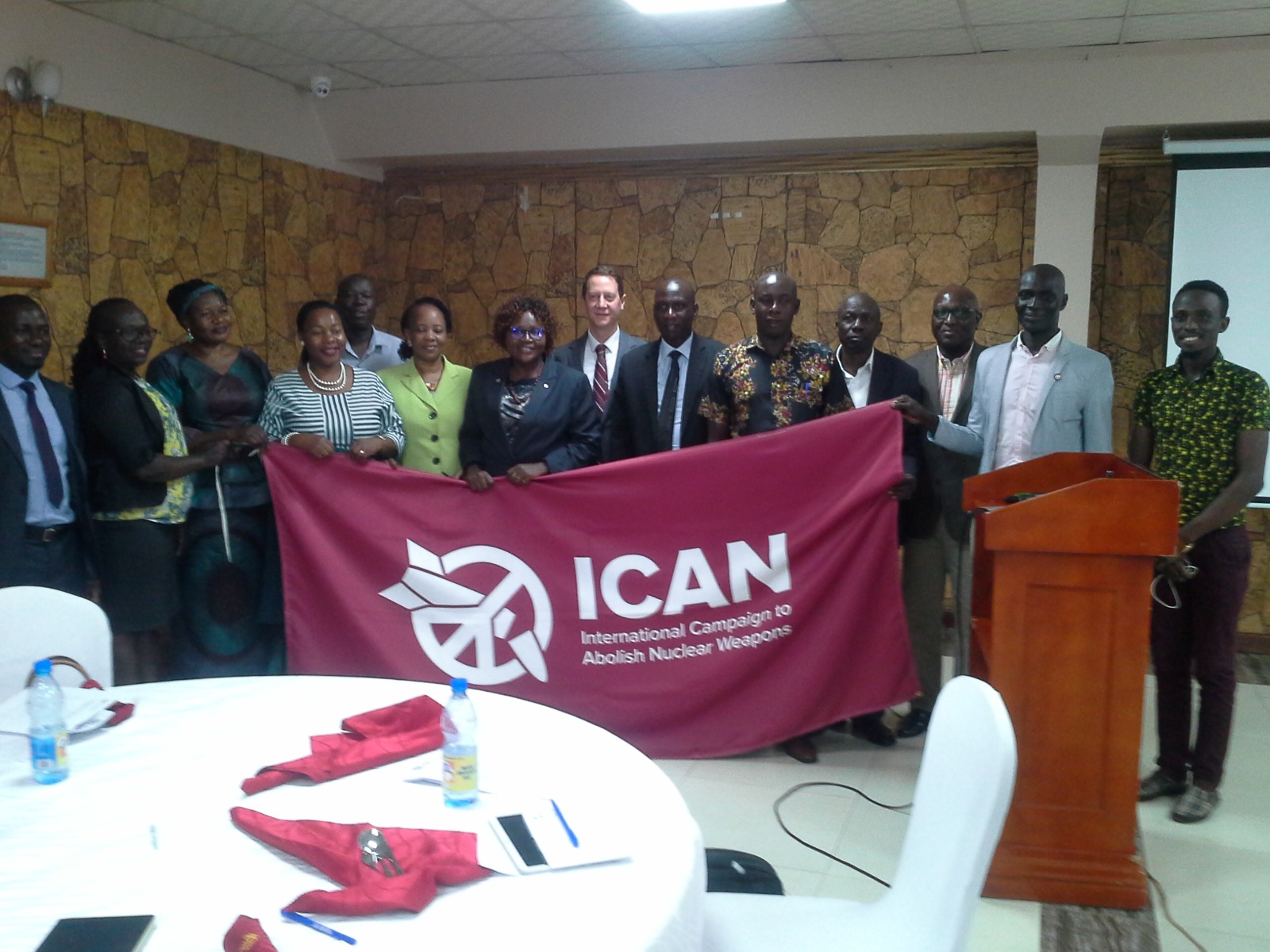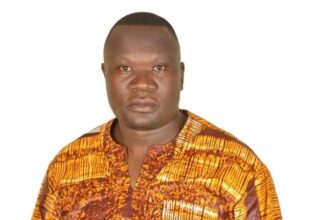The NRM has now been in power for 37 out of Uganda’s 61 years of independence, making it the longest serving Ugandan regime by far. With longevity there also comes responsibility, though since the majority of Uganda’s population have never known any other regime, expectations of change are not high.
The most significant achievement of the NRM government has been the increased level of security throughout the country. Ugandans were tired of bloodshed and extrajudicial killings, so most Ugandans today are happy to settle for a government that gives them peace and stability, even if other things are not perfect. However, as we look forward to the next decade, many are wondering what the future holds, since although President Museveni may live to a ripe old age, he cannot go on forever. And since he is the central pillar of the NRM government, what will happen in terms of succession when he is gone? Many people do not have strong feelings on the form of government so long as the country does not degenerate into anarchy, but they also feel they have little control of what will happen in the future, which is largely in the hands of the current rulers. They also wonder what is the gameplan of those in power beyond the next couple of years.
The other big issue that one must always take into account is the state of the economy. James Carville, Bill Clinton’s election strategist, is credited with making that famous statement, ‘It’s the economy, stupid’ highlighting how important a role the economy plays in any election. In Britain it is extremely unlikely that the conservative party government will survive beyond the next two years, yet Boris Johnston amassed a huge majority in the last election. Despite the comedic antics of Johnston and his cronies, it is possible that the British public might have voted conservative again, but for their dismal economic performance. They have now proved themselves so incompetent in this area that they will lose the next election badly.
Realistically there is not much chance of the NRM being voted out due to a poor economic performance, but it also means there is no one else they can blame. They have been in power for the past 37 years, and although the NRM can point to many gains, the current poor state of the economy cannot be escaped. People have no money, young people can neither find employment nor start a small business to support themselves, while thieving at every level is on the rise. Meanwhile, people witness a classified and apparently limitless budget being spent on those within the political system. This is not a good look for any government.
It is not that there are no plans to improve the situation, it is the ability to implement and pay for those plans that raises questions. High on the agenda is the Parish Development Model, but the previous record of such interventions is poor, because there is a mentality among many that government money is ‘free money’ which can be stolen. Only this week there are more reports on the failure to repay billions of shillings to the Youth Livelihood Fund. For such programs we need to collect more taxes which becomes ever more difficult in a depressed economy. A difficult economic climate in any country also highlights the disconnect between the political powers and the people – as is happening in Britain.
In Uganda there is obvious disconnect between the political establishment and the rest, evidenced by the fact that Members of Parliament exempted themselves from paying tax like everyone else. The disconnect is also felt in small ways, such as waiting in traffic while yet another convoy of a junior government minister pushes past. Motorists are reminded by each pothole that expenditure on such basic services takes second place to political expenditures – such as a Prime Minister travelling with not one, but three, assistants in business class. In contrast, when Ireland found itself in the financial crash in 2008 government ministers were not only asked to take substantial pay cuts, they had to travel economy.
Such a disconnect between those inside and outside the political establishment, taken together with the increased pressure to collect taxes, disheartens and builds up resentment among ordinary people because they wonder whether this government, which has held the reins of power for 37 years, has lost the vision that brought them to power in the first place. And is now simply perpetuating itself at the expense of its people.
Do you have a story in your community or an opinion to share with us: Email us at Submit an Article








